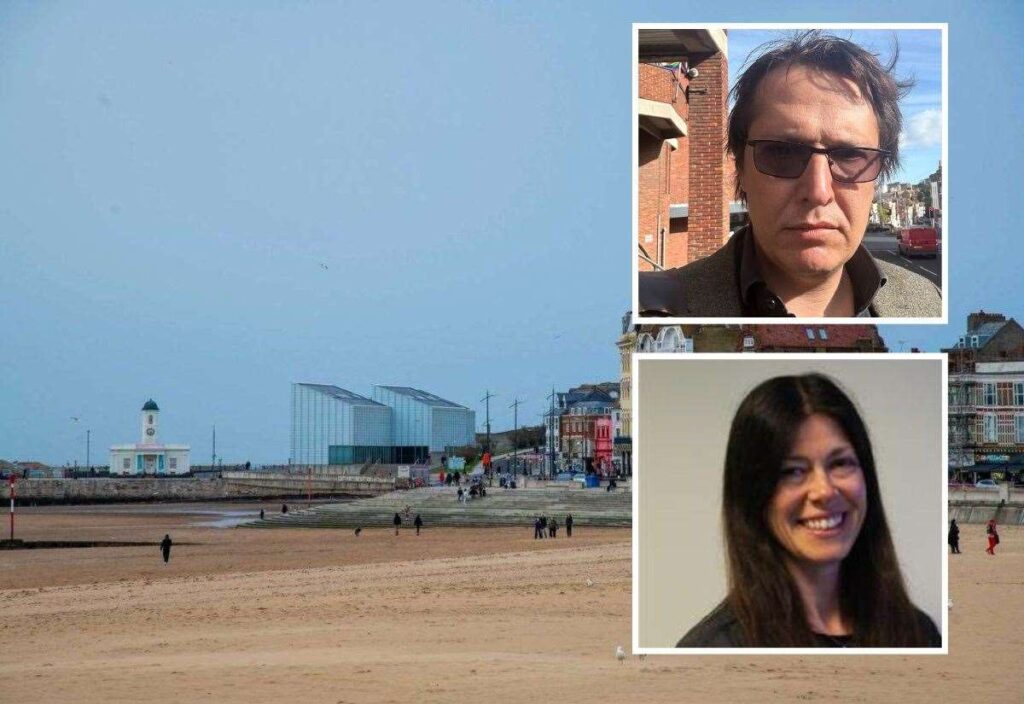A council has withdrawn a set of new rules, including fines for swearing in public, due to the threat of a legal challenge that they could infringe on free speech.
Thanet District Council (TDC) initially aimed to impose penalties on those using offensive language in perceived trouble spots like Birchington, Margate, Ramsgate, and Broadstairs.
However, the local authority has now revoked its new Public Space Protection Order (PSPO) after the Free Speech Union (FSU) warned it would pursue a judicial review in the High Court. The FSU argued that the order could hinder peaceful protests due to its “vague and broad” language.
The order had stated: “All persons are prohibited from using foul or abusive language in such a manner that is loud and can be heard by others and cause either alarm or distress to any other person in any public place.” Under this PSPO, residents or visitors in Thanet observed by council enforcement officers or police using offensive language in public could have faced £100 fines.
The council defended the PSPO as a measure to tackle antisocial behavior but agreed that the order needed redrafting to ensure it was enforceable. The PSPO will now be reworked, with a public consultation to follow that will clearly outline its aims and provide evidence for the proposed restrictions.
The rule had come into effect on July 31 but was deactivated shortly after the council’s cabinet decided to reconsider it. As a result, the PSPO can no longer be legally challenged.
During a recent council meeting, opinions were divided. Some council members expressed approval of the PSPO, viewing it as a necessary tool against antisocial behavior. Others felt the Free Speech Union’s objections were unjustified. Cllr Joanne Bright (Lab) supported the PSPO, calling the FSU’s intervention “baffling” and a “waste of time.” Meanwhile, Cllr Rebecca Wing (Green) felt the council was being “bullied” by the FSU, while Cllr Phil Fellows (Con) emphasized the need for a PSPO but voiced concerns about the potential costs of a judicial review.
The FSU also criticized the council’s public consultation process, arguing that the public was not adequately informed about the proposal and that PSPOs should target specific behaviors in specific locations rather than apply broadly across the district.
Following the meeting, FSU spokesperson Steven O’Grady clarified that his intention was not to intimidate the councillors, but rather to highlight the issue of subjective enforcement within the PSPO.



